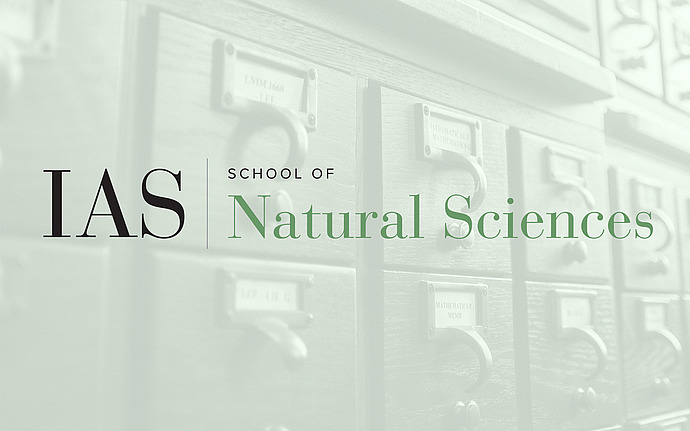
Institute for Advanced Study / Princeton University Joint Astrophysics Colloquium
Dwarf Galaxy Archaeology in the Gaia Era
The Milky Way's satellite dwarf galaxies are powerful probes of many important astrophysical processes. Their kinematics provide insights into galactic dynamics and the nature of dark matter, while their chemical compositions preserve a history of early galaxy formation and nucleosynthesis. Recently, all-sky astrometry from the Gaia satellite has enabled the discovery and characterization of dwarf galaxies at different stages of tidal disruption. These new galaxies lie at the extremes of dwarf galaxy parameter space, whether in their structural properties or their star formation histories. In this talk, I will show how spectroscopic observations of the kinematics and chemistry of these newly discovered dwarf galaxies can provide crucial insights into galactic dynamics and nucleosynthesis. I will present a recent kinematic study of the extremely diffuse dwarf galaxy Antlia II that shows it is in the early stages of tidal disruption. The kinematics of Antlia II also clearly shows that the Milky Way reference frame has been perturbed by the Large Magellanic Cloud. I will also highlight how two completely disrupted dwarf galaxies contribute to increasingly clear evidence that the rapid neutron-capture process requires both prompt and delayed sources to explain the diverse chemical evolution histories of dwarf galaxies.
Date & Time
Location
Princeton University, Peyton Hall AuditoriumSpeakers
Affiliation
Event Series
Categories
Notes
10:30am Coffee and danishes provided in Peyton Hall Grand Central.
11:00am Lecture, Peyton Hall Auditorium